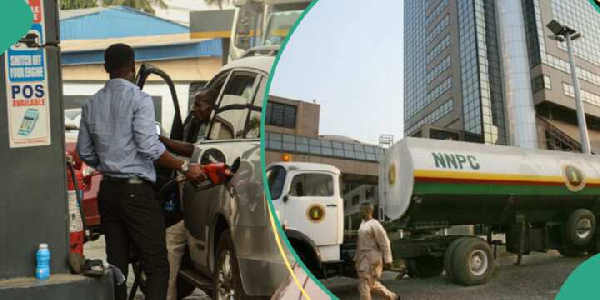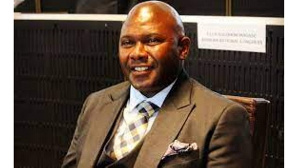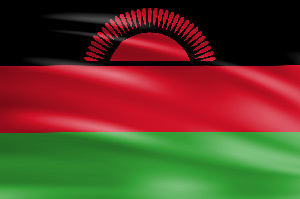Oil marketers crash petrol prices despite high depot costs as NNPC sends message to Nigerians

Petrol marketers across Nigeria have crashed the commodity’s price despite reporting high depot costs, which they say is about N770 per litre.
A market survey conducted by Legit.ng on Wednesday, May 15, 2024, showed that most oil marketers had reduced their petrol prices, saying that the Nigerian National Petroleum Company Limited (NNPC) supply was responsible for the crash.
Petrol prices crash to N650 per litre
The marketers crashed the commodity’s price from N850 per litre to N650.
Last week, most filling stations sold the product above N800 per litre, citing high depot costs.
The marketers complained that freight costs contributed to the cost of petrol nationwide as private depots were selling the product above N700 per litre.
The president of the Independent Petroleum Marketers Association of Nigeria (IPMAN), Abubakar Maigadi, said in a recent interview that marketers pay about N30 to transport a litre of petrol in Lagos and about N70 per litre to truck the product to some northern states, leading to the high cost.
He said that in Kebbi state, a litre of petrol could sell for as high as N900 to N1,000 due to the high cost of transportation.
NNPC reports the availability of petrol
However, a market survey indicated that marketers had reduced the price of the commodity due to its availability at NNPC depots.
Findings also showed that queues had disappeared from most of the petrol stations.
Analysts say the development showed that NNPC was right when it said there was enough supply for 30 days.
New refineries to begin petrol production
An energy policy analyst, Adeola Yusuf, described the three weeks of scarcity as horrendous for Nigerians, saying there were fears that the prices would remain high.
“At a point, Nigerians gave up hope that petrol would sell below N800 per litre. But when NNPC said it had enough to last for a month, the marketers adjusted their pumps.”
He stated that petrol scarcity will continue until Dangote, NNPC, and other modular refineries start producing petrol.
“Nigeria cannot sustain petrol imports for long. The only hope is local production. While it may not significantly cut down the cost, it will eliminate the landing cost, which is mainly shipping costs from Europe to Nigeria,” he said.
This development comes as the Senate committee on the downstream petroleum sector announced that the Port Harcourt and Warri refineries will begin operation this year.
The committee noted that the Port Harcourt refinery is about 90% complete and will soon undergo a test run.
Many modular and regular refineries are billed to begin operations in Nigeria soon, including the $360 million Azikiel Refinery, which is about 87% complete.
Source: www.legit.ng





